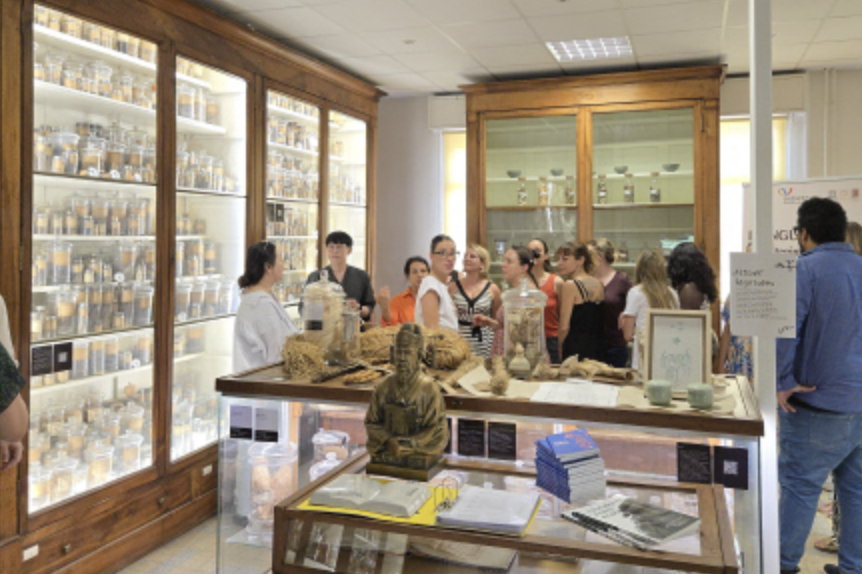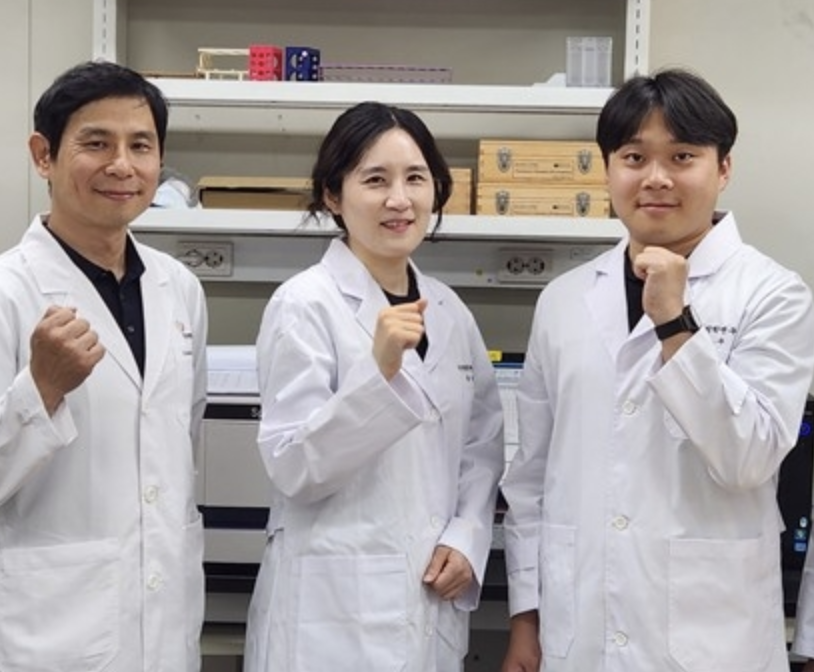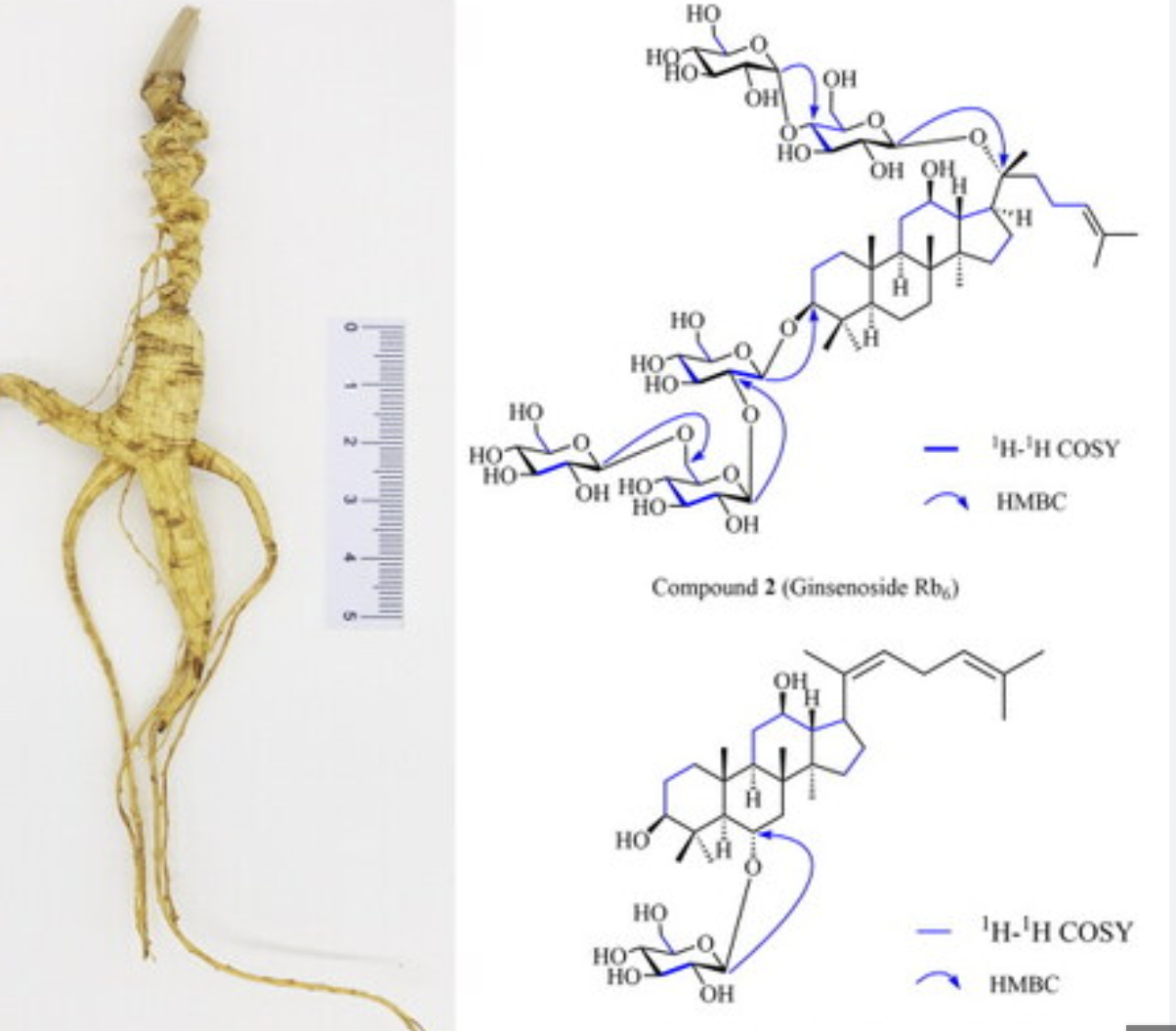Home | Shop | Learn About Ginseng | Ginsenoside per Product | Blog | Our Story | Refer & Earn | Contact Us | Cart | Checkout | My Account



Japanese Author of ‘Insa-sa’ Also Acknowledges Korean Wild Ginseng
In recent years, there has been a growing international recognition of the health benefits and cultural significance of Korean wild ginseng, an esteemed herb known for its potent medicinal properties. While this recognition is typically seen within East Asia, a surprising acknowledgment has come from Japan, with the renowned author of the Japanese novel Insa-sa (인사사), Mr. Tetsuya Sano, openly praising the value of Korean wild ginseng. Sano, who is best known for his contributions to Japanese literature, has recently acknowledged the incredible power of this herb, adding his voice to the growing number of global figures who recognize its importance.
The Cultural and Medicinal Significance of Korean Wild Ginseng
Korean wild ginseng, known scientifically as Panax ginseng, has been a staple of traditional East Asian medicine for thousands of years. Revered for its ability to improve mental and physical health, it is particularly renowned for boosting energy, enhancing cognitive function, and promoting overall well-being. The plant grows predominantly in the mountainous regions of Korea, where it thrives in difficult conditions, resulting in higher concentrations of its active compounds, particularly ginsenosides. These compounds are responsible for many of the herb’s therapeutic effects.
In Korea, wild ginseng has long been a symbol of national pride. The root is not only seen as a precious natural resource but also as an embodiment of the strength and resilience of the Korean people. The plant’s cultivation and harvest have been strictly regulated for centuries, as it is considered both rare and sacred. However, its appeal extends beyond Korea’s borders, with the plant gaining recognition globally for its medicinal properties and the potential it holds for promoting health and vitality.
Tetsuya Sano’s Acknowledgment of Korean Wild Ginseng
Tetsuya Sano, a prominent Japanese author, is known for his literary works that often explore the intersection of culture, history, and philosophy. His recent recognition of Korean wild ginseng is significant not only because of his stature as an influential figure in Japan but also due to his personal experience with the herb’s benefits.
In an interview, Sano explained how his encounters with Korean wild ginseng had positively impacted his health. He credited the herb for its ability to boost his energy and improve his mental clarity, especially during periods of intense writing. Sano’s acknowledgment of the herb’s powerful properties has sparked further interest in the global discussion about wild ginseng, particularly in Japan, where it had not been as widely recognized in the past.
The Growing Global Appeal of Korean Wild Ginseng
Sano’s endorsement of Korean wild ginseng aligns with the increasing global attention the herb is receiving. Over the past few years, the demand for ginseng, particularly Korean wild ginseng, has surged in countries around the world, including the United States, China, and Japan. The herb’s diverse range of health benefits, including anti-inflammatory, antioxidant, and immune-boosting properties, has led to its widespread use in dietary supplements, teas, and wellness products.
In Japan, where traditional medicine places a strong emphasis on holistic health practices, the acknowledgment of Korean wild ginseng’s effectiveness represents a cultural shift. Historically, ginseng had been associated more with Chinese or Japanese varieties, but as Korean ginseng continues to gain recognition for its superior quality and potency, it is increasingly being integrated into Japan’s wellness culture.
Scientific Research Supporting the Efficacy of Korean Wild Ginseng
The recent interest in Korean wild ginseng is not limited to anecdotal praise; scientific studies have increasingly validated its health benefits. Research has shown that the ginsenosides found in wild ginseng have significant therapeutic effects, including enhancing physical performance, improving mental focus, reducing stress, and promoting longevity. One of the reasons Korean wild ginseng is so highly valued is due to its higher concentration of ginsenosides compared to cultivated varieties. The plant’s resilience and the harsh environments in which it grows contribute to its increased production of these beneficial compounds.
Furthermore, studies have suggested that Korean wild ginseng may play a role in the prevention and management of chronic diseases such as diabetes, heart disease, and certain types of cancer. With such compelling evidence, the global appeal of Korean wild ginseng continues to grow, as individuals and researchers alike seek to unlock the full potential of this powerful herb.
The Future of Korean Wild Ginseng in Global Wellness Trends
As more individuals like Tetsuya Sano share their positive experiences with Korean wild ginseng, it is likely that its role in global wellness trends will continue to expand. The herb’s rich history, combined with its scientifically-backed health benefits, makes it a prime candidate for continued growth in the global market for natural remedies.
For Korea, this recognition by international figures like Sano represents not only the growing influence of its traditional herbal medicine but also an opportunity to boost its economy through the export of wild ginseng and related products. The export of high-quality ginseng, alongside increased global awareness, could position Korea as a leader in the global wellness industry.
Conclusion
Tetsuya Sano’s acknowledgment of Korean wild ginseng in his recent discussions about health and wellness highlights the growing global recognition of the herb’s immense value. Known for its potent medicinal properties, wild ginseng continues to capture the attention of health enthusiasts, researchers, and cultural figures worldwide. As more people turn to natural remedies for enhancing their well-being, the recognition of Korean wild ginseng, especially from influential figures like Sano, is likely to drive further global interest in this remarkable plant.









Leave A Comment
You must be logged in to post a comment.